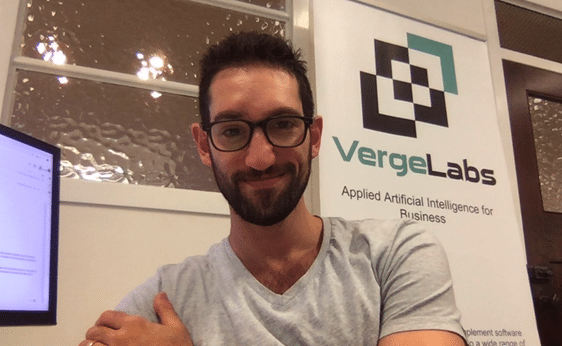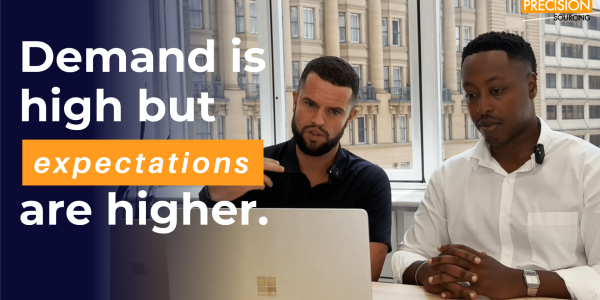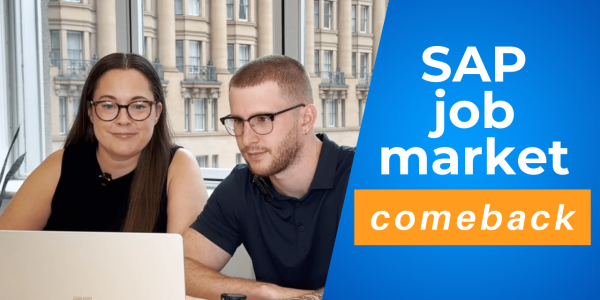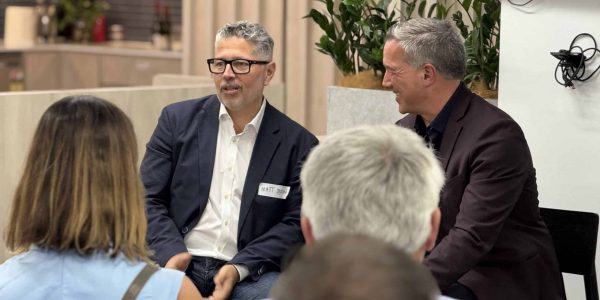Machine Learning & AI expert, Anthony Tockar meets with Precision Sourcing
Anthony Tockar is the director and co-founder at Verge Labs, a new type of AI company focused on the applied side of machine learning. A jack-of-all-trades, he has worked on problems across insurance, technology, telecommunications, loyalty, sports betting and even neuroscience. He qualified as an actuary, then moved into data science, completing an MS in Analytics at the prestigious Northwestern University.
After hitting the headlines with his posts on data privacy at Neustar, he returned to Sydney to practice as a data scientist and co-founded the Minerva Collective, a not-for-profit focused on using data for social good, as well as multiple meetup groups. His key missions are to extend the reach and impact of data science to help people, and to assist Australian businesses to become more data driven.
Anthony took some time out to answer some questions for us about the exciting new developments in the AI and ML space.
What does Verge Labs do?
We build customised AI products to solve business problems. The incredible development of data science over the past few years has opened up all sorts of value-adding applications, and our experience has shown that most companies are just scratching the surface. We created Verge Labs to make it much easier for businesses to get value from data.
How have you seen the Data Science market evolve and change over the years?
Well, people use the term AI a lot now! I think in the past, it was really only early adopters who used machine learning and core data science techniques. Most people stayed on the fence and to an extent are now playing catchup. Some of the major AI breakthroughs have brought it into the mainstream, and now we’re seeing a lot more widespread understanding of some of the applications of these technologies. However, the demand is still far outpacing supply, partly because AI is a lot easier to talk and think about than it is to implement!
What are you most excited about AI & ML in the next 5 years?
In the short term, I think the current focus on ethics and explain-ability should yield some really interesting techniques and approaches – which will hopefully bring us to a better understanding of cause and effect. More broadly, I think there’s a good chance that generative models become the new black for internet marketing – so imagine ads curated just for you (not just text, but images and videos too) following you around the web. Sounds a bit like Minority Report, but the tech is almost there. In general though, there’s a fortune to be excited about – there is more research in this area than just about any in all of human history – no doubt in 5 years we’ll look back and be blown away by how different things are.
What are the misconceptions around ML & AI?
Too many to list. I think the main one is that perpetuated by some vendors that it’s some kind of silver bullet that is easy to implement. It’s a journey, plain and simple.
Who should be implementing and using this?
There are applications across just about any industry, so really almost any organisation that is looking to make better decisions should have data science somewhere on their roadmap. That said, as I mentioned it’s a journey, which starts with data literacy. A lot of the companies we speak to are quite early on that journey, and so we tend to take a much more strategic role with them, helping identify opportunities and assisting them in getting there. Companies who are actively using their data to drive business value are of course better-placed to take advantage of the latest developments and this is where great data science really shines.
What are the important technical skills that people need to be aware of, develop and learn to be successful in deploying ML & AI in the current market?
To answer the question directly – basic statistics and computer science. Without these you’re not going to get too far. That said, the most successful data scientists I know, while they certainly have the chops, it is their ability to solve problems, to see the big picture, to communicate their insights and to use the right tool for the right job that really sets them apart.
We’d like to thank Anthony Tockar for taking the time to meet us here at Precision.
Connect with Anthony Tockar on LinkedIn.
For More Blogs, Click Here.








